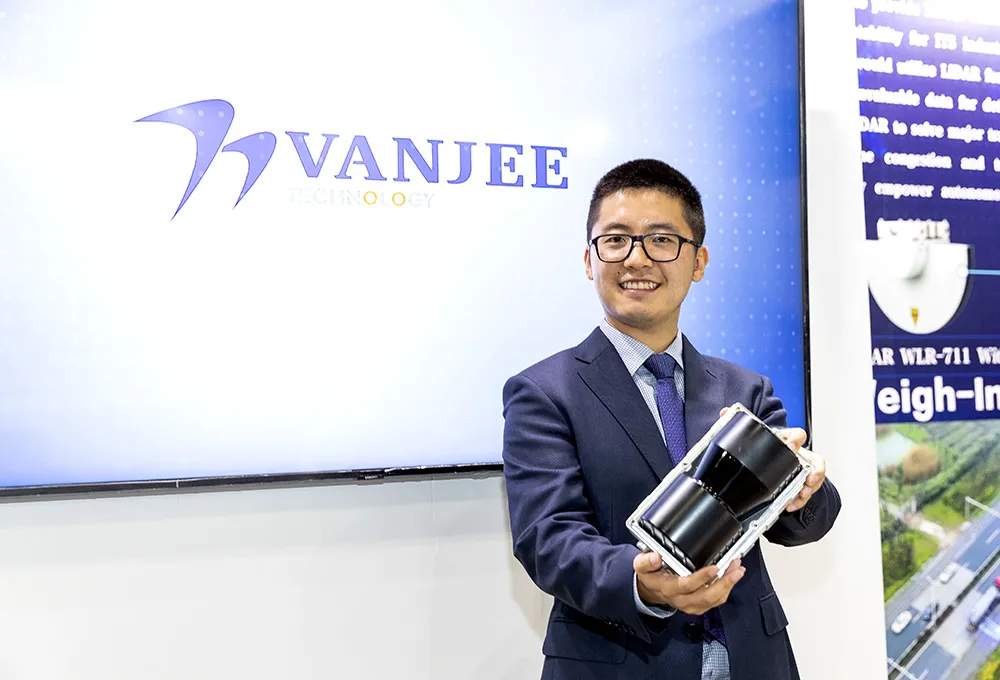
One of the most unusual of objects on display here in Bordeaux is undoubtedly
Thales is one of France’s leading transportation technology suppliers. For instance, the company has developed a new electronic contactless ticketing system for the Bordeaux Metropole tram system, which is due to go live later this year. But the focus of Thales’ display at the 2015 ITS World Congress is “what we can do for customers on road networks”, says the company’s product line manager Denis Perret.
The MoRSE device is a result of work done by Thales to support development of France’s Ecotax national truck tolling system. The technology needed to implement Ecotax was completed and ready for launch as commissioned by the EcoMove consortium, before political pressures led the French Government to cancel Ecotax in September 2014.
“The technology and expertise is now readily available for other highway authorities to use or adapt for road and traffic management,” says Perret.
MoRSE was developed as a more cost effective and environmentally friendly alternative to installing RUC technology on gantries. The white box contains an ANPR (automatic number plate recognition) camera for capturing high definition images of vehicles, DSRC (dedicated short range communication) radio for communicating with in-vehicle units, and laser technology for automatic vehicle classification.
“The MoRSE box takes just 45 minutes to set up or remove for transport to a new location. It means there is no need for gantries and roadside equipment can be installed with a smaller environmental footprint,” Perret says.
Other technology developed for Ecotax and on display here in Bordeaux includes a vehicle data analytics platform. “This is an interactive tool for visualising and analysing vehicle and route data, part of a wider back off system for validating passage reports,” says Perret.










